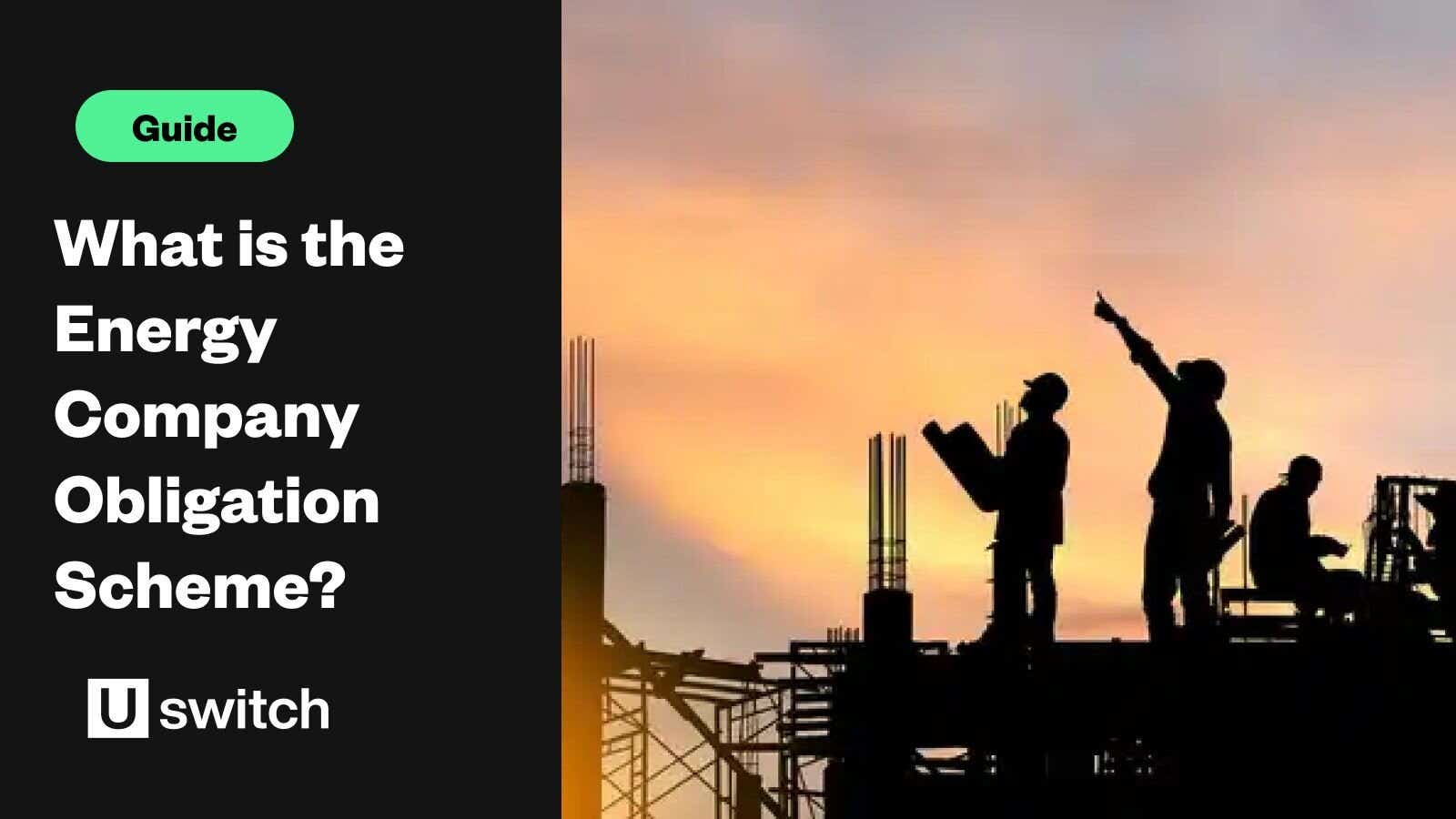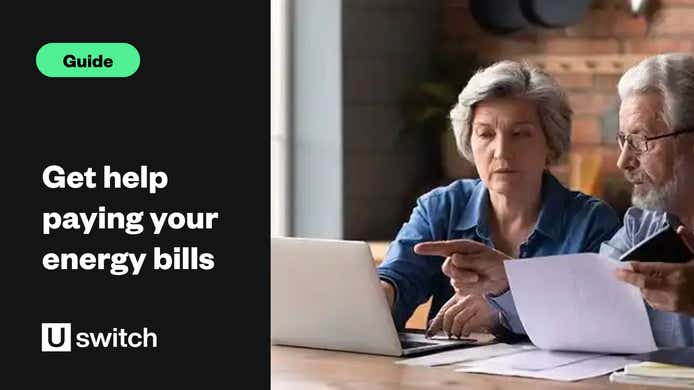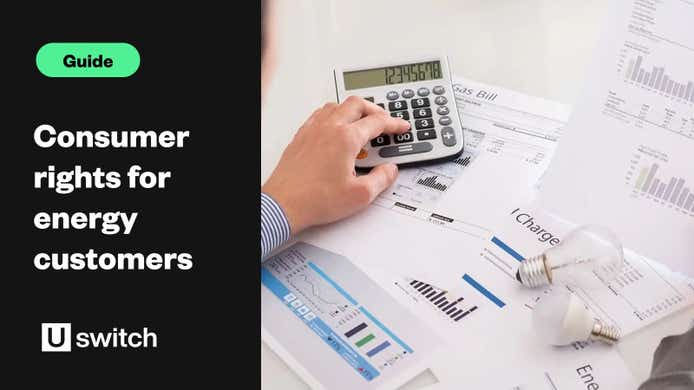What is the Energy Company Obligation (ECO)?
The Energy Company Obligation was originally introduced in 2013, and replaced two previous schemes: the carbon emissions reduction target, or CERT; and the community energy savings program, or CESP.
Like the two measures before it, the Energy Company Obligation scheme legally requires energy suppliers to help improve the energy efficiency of some of their customers’ homes across the UK, thereby reducing carbon emissions and cutting energy bills.
The current incarnation of the ECO scheme (ECO4) applies to measures completed between 1 April 2022 and 31 March 2026. It will continue running until that date despite the 2024 general election and subsequent change of government.
This version of the ECO scheme has one main part: the Home Heating Cost Reduction Obligation, which targets low income areas and vulnerable homes. Under this version of the ECO scheme, suppliers must actively help low income, fuel-poor and other vulnerable households to effectively heat and insulate their homes. The overall target is divided between suppliers based on each one's share of the domestic energy market.
Do I qualify for ECO funding?
You qualify for ECO funding if you are a core group customer from scheme year 12 onwards under the Warm Home Discount Scheme, or if you receive at least one of the following benefits:
- Child Benefit
- Housing benefit
- Pension credit saving credit
- Pension Guarantee Credit
- Income-related Employment and Support Allowance (ESA)
- Income-based Jobseeker's Allowance (JSA)
- Income Support
- Tax Credits (Child Tax Credits and Working Tax Credits)
- Universal Credit.
You can contact your energy supplier to see how it can help you, but it's important to remember that qualification for ECO funding doesn't necessarily mean that a supplier will agree to install the measure you're hoping for in your home.
How else can I save energy?
Even if you don't qualify for ECO funding there are still plenty of easy steps you can take to improve the energy efficiency of your home.
Little steps like making sure all your lightbulbs are energy-saving bulbs is a great start, as well as draught-proofing around the home.
Look for any areas around windows and doors, or even fireplaces and letterboxes that might be letting in cold air, and letting your expensive heated air escape. Fixing draught-proofing is cheap and easy to do, just visit your local hardware store and look for draught proofing foam and strips.
You can also save energy by changing your habits. Besides closing curtains at night and closing doors on unheated rooms, try turning your thermostat down by just one degree. This simple change can save you money on heating year after year, and while in the short run you may put on a jumper you might not even notice the difference after a week.
Big savings can be made with your white goods. When it comes to replacing a fridge, freezer, washing machine or washer-dryer look for energy-efficient models. Most shops will now provide a usage figure and energy efficiency rating when they sell new white goods.




